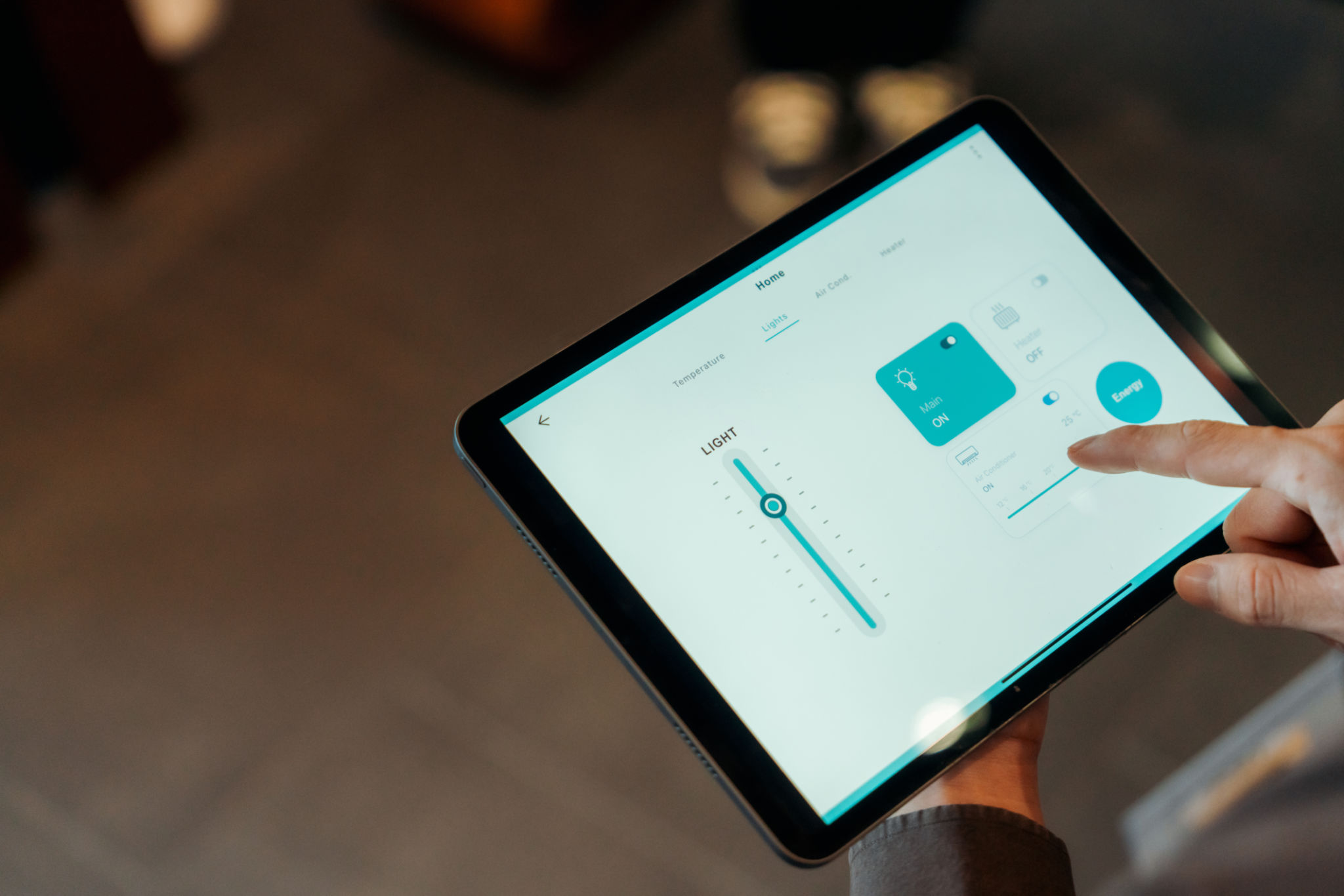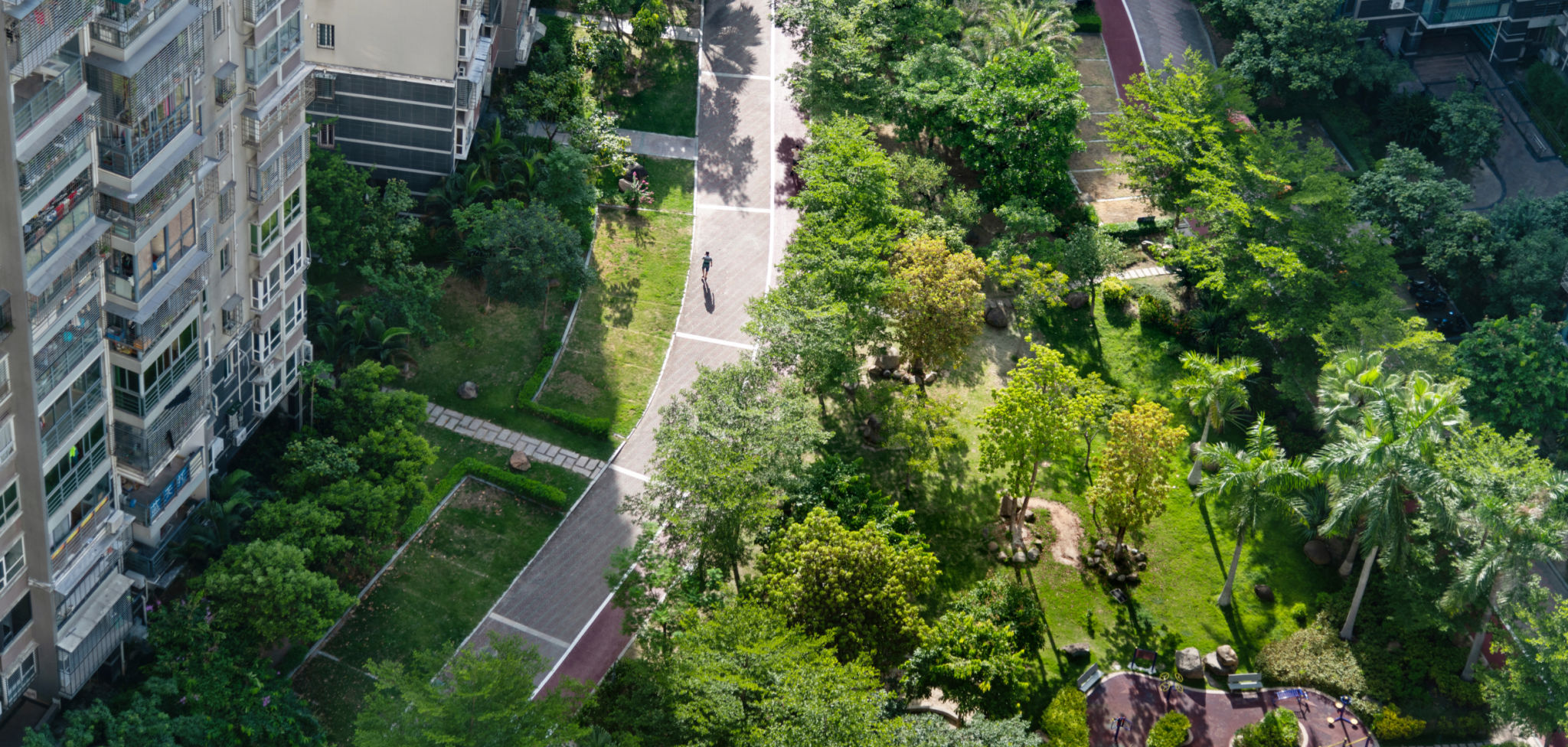Innovative Trends in the Residential Construction Industry in the Philippines
Introduction to Innovative Trends
The residential construction industry in the Philippines is experiencing a dynamic transformation, driven by technological advancements and a growing focus on sustainability. As the country's urban landscape evolves, developers and homeowners are seeking innovative solutions to meet modern living standards while addressing environmental concerns. This shift is paving the way for exciting trends that are reshaping the construction landscape.
In this blog post, we will explore some of these innovative trends that are making waves in the residential construction industry across the Philippines. From sustainable building materials to smart home technologies, these developments are setting new benchmarks for quality and efficiency.

Sustainable Building Materials
One of the most significant trends in residential construction is the increased use of sustainable building materials. Developers are now prioritizing eco-friendly options such as bamboo, recycled steel, and locally-sourced materials to reduce the carbon footprint of new homes. Bamboo, in particular, has gained popularity due to its rapid growth and strength, making it an ideal choice for both structural elements and interior finishes.
In addition to bamboo, recycled steel is being used for framing and roofing, offering durability and reducing waste. Homebuilders are also incorporating green insulation materials like sheep wool and cellulose, which not only improve energy efficiency but also provide a healthier indoor environment.
Smart Home Technologies
The integration of smart home technologies is another trend revolutionizing residential construction in the Philippines. Modern homes are now equipped with smart systems that enhance security, energy management, and convenience. From voice-activated lighting controls to smart thermostats, these technologies offer homeowners greater control over their living spaces.
Smart home technology is not just about convenience; it also plays a crucial role in energy efficiency. Systems that monitor and optimize energy use help reduce utility bills and promote sustainable living practices. This trend is particularly appealing to tech-savvy homeowners who value innovation and environmental responsibility.

Prefabricated and Modular Construction
Prefabricated and modular construction methods are gaining traction in the Philippines, offering a faster and more cost-effective alternative to traditional building techniques. These methods involve manufacturing building components off-site and assembling them on-site, significantly reducing construction time and labor costs.
This approach not only accelerates project timelines but also ensures higher quality control, as components are produced in controlled factory environments. Prefabricated homes can be customized to meet individual needs, providing flexibility while maintaining affordability. As a result, they are becoming an attractive option for both developers and homeowners alike.
Green Spaces and Urban Living
As urban areas in the Philippines continue to expand, there is a growing emphasis on incorporating green spaces into residential developments. These spaces provide essential benefits such as improved air quality, recreational opportunities, and aesthetic appeal. Developers are integrating parks, gardens, and rooftop greenery into their projects to enhance urban living conditions.

The inclusion of green spaces not only improves the quality of life for residents but also contributes to biodiversity and resilience against climate change. This trend reflects a broader commitment to creating sustainable and livable urban environments that prioritize both community well-being and environmental stewardship.
Conclusion
The residential construction industry in the Philippines is undergoing a remarkable transformation driven by innovation and sustainability. By embracing sustainable materials, smart technologies, prefabricated methods, and green spaces, developers are setting new standards for modern living. These trends not only benefit homeowners but also contribute to a more sustainable future for the nation.
As these innovative practices continue to gain momentum, they promise to shape the future of residential construction in the Philippines, making homes more efficient, environmentally friendly, and suited to the needs of contemporary lifestyles.
